
Bangkok, Thailand – June 13, 2025
Under the leadership of Dr. Kampon Sriwattanakul, Chairman of the Thailand Charter of Health, a distinguished gathering of global experts convened at Mahidol University’s Tropical Medicine Hospital for the Medical Innovation Research Development Conference. The event marked a critical milestone in Thailand’s aspiration to become a global nucleus for advanced health innovation, blending regenerative medicine, integrative care, and policy standard-setting.
Hosted at the Chalermprakiat Building, 5th-floor Conference Room, the forum united leading thinkers, researchers, and practitioners to explore the future of chronic disease management via extracellular vesicles, cell factors, hormonal health, and integrative systems.
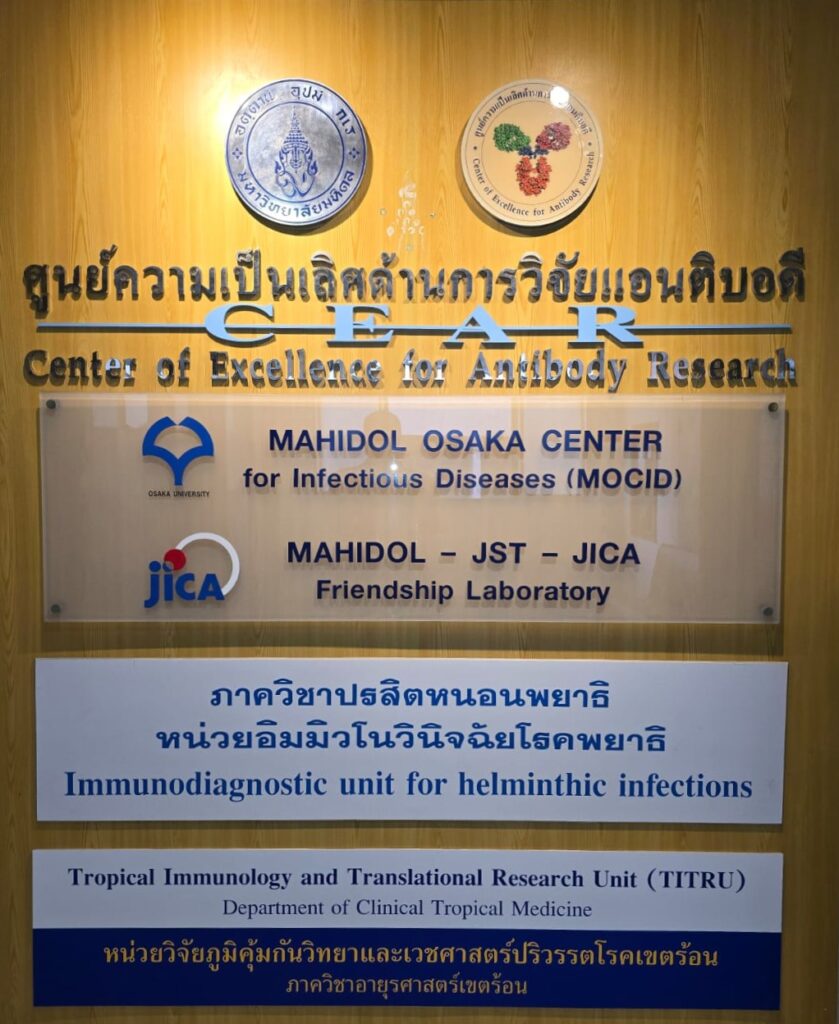
Dr. Kampon’s Vision: Building Bridges Between Science and Access
In his opening, Dr. Kampon Sriwattanakul emphasized that Thailand must lead in innovation “with safety, ethics, and accessibility”, ensuring that tomorrow’s therapies are available today to those in need.

1. Respiratory Regeneration: Alan Lin’s Nebulized MSC-Exosomes for COPD
Mr. Alan Lin (Zebin Lin), CEO of Guangzhou-based Cellasis Biotechnology, spoke about the company’s Phase I/II clinical trial for nebulized MSC-derived exosomes as a treatment for COPD, a condition affecting over 250 million people globally.
- These nano-vesicles deliver anti-inflammatory and regenerative molecules directly into lung tissue.
- Preclinical models have shown promise in restoring lung function.
- Trial design includes open-label safety and double-blind efficacy phases, spanning 18 months.
- The venture integrates AI-based diagnostics and healthspan biomarker analytics.
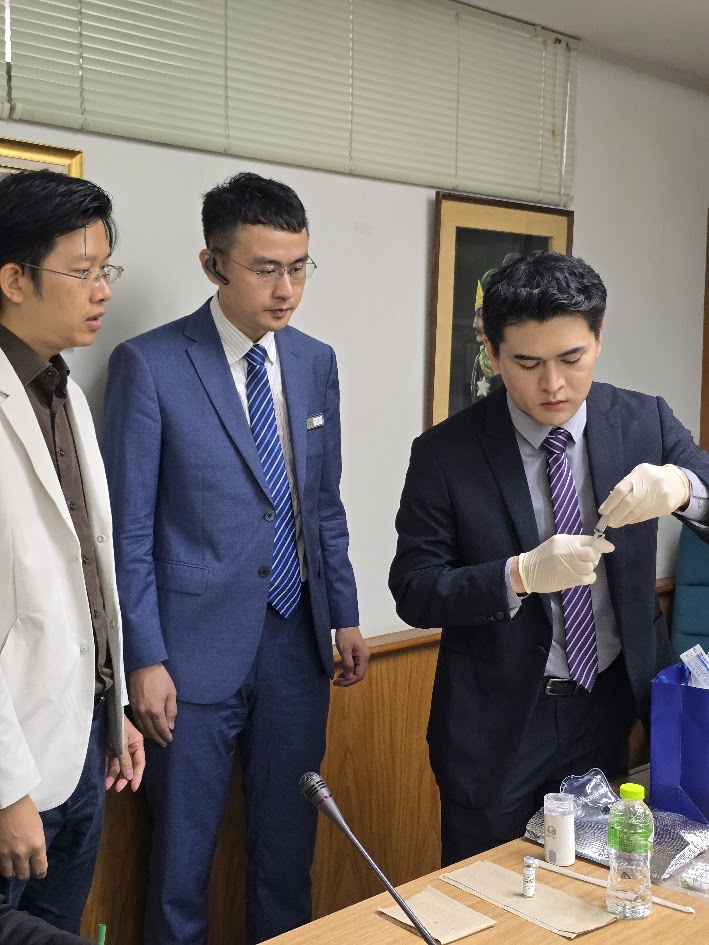
2. Hormonal Precision: Dr. Daryl Turner on Thyroid Diagnostics
Dr. Daryl Turner, founder of Nitek Medical Inc., presented his breakthrough methodology for diagnosing thyroid dysfunction — claiming 98.5% accuracy, compared to typical blood tests.
- His system assesses symptom scoring, reflex response, neurological activity, and metabolic rate.
- He champions bioidentical hormone therapies for thyroid, adrenal, sleep, and stress-related conditions and asserts a Hashimoto’s cure.
- Dr. Turner announced plans — in collaboration with Dr. Kampon — to manufacture hormones in Thailand, catering to both medical tourism and domestic care.
“By fixing thyroid, sleep, and stress, we can profoundly improve patient life quality,” he affirmed.
3. Cell Factors: Dr. Hector O. Molina’s Regenerative Blueprint
Dr. Hector O. Molina, M.D., detailed a paradigm-shifting approach involving cell factors — molecular signals derived from perinatal tissues that emulate the body’s natural healing environment.
- Treatments include miRNA, mRNA, and protein growth factors, delivered DNA-free and non-cellular.
- The therapy is designed to re-initiate epigenetic regenerative programs, offering controlled, measurable, and safe alternatives to stem cells or exosomes.
- Clinical findings include improvements in spinal injuries, joint degeneration, autoimmune conditions, and neurological development.
4. Scientific Foundation of Anti-Aging: Dr. Pongrama Ramasoota’s Presentation on NMN and Longevity Research
Associate Professor Dr. Pongrama Ramasoota, Collaborative Professor at Osaka University and Advisor to the International Anti-Aging & Regenerative Medicine Organization (IARO), delivered a comprehensive session on the science of aging and its therapeutic reversal, grounded in both molecular biology and public health application.
His presentation, titled “The Science and Secrets of Anti-Aging”, examined the cellular hallmarks of aging — including DNA damage, telomere shortening, epigenetic alteration, and RNA splicing dysfunction — and proposed Nicotinamide Mononucleotide (NMN) as a validated intervention to slow these biological processes.
Key Highlights from Dr. Pongrama’s Talk:
- NMN (Nicotinamide Mononucleotide) is a precursor to NAD+, which is essential for ATP production, DNA repair, and activation of Sirtuin enzymes (SIRT1–7), often referred to as “longevity enzymes.”
- Clinical studies show NMN supplementation:
- Increases blood NAD+ levels
- Improves physical performance (e.g., walking tests)
- Reduces biological age markers
- Shows no adverse effects across trials of healthy middle-aged volunteers
- The SLC12A8 transporter was identified as the specific mechanism by which NMN enters human cells, dispelling earlier scientific doubts.
- Additional benefits include potential protective effects for the kidney, brain, cardiovascular system, and skin, including cosmetic applications through topical NMN nano-serums.
Thai-Focused Infrastructure:
- Dr. Pongrama also outlined the collaboration with JBKK Co., Ltd., which funded the development of a stem cell and cell factor laboratory on the 12th floor of the Chalermprakiat Building at Mahidol University.
- The facility is used for clinical-grade research and development, aligning with Thai FDA regulations and serving as a hub for anti-aging product validation.
His presentation connected global science with localized implementation, supporting Thailand’s broader effort to combine regulated research, accessible clinical use, and public health promotion within the field of anti-aging.
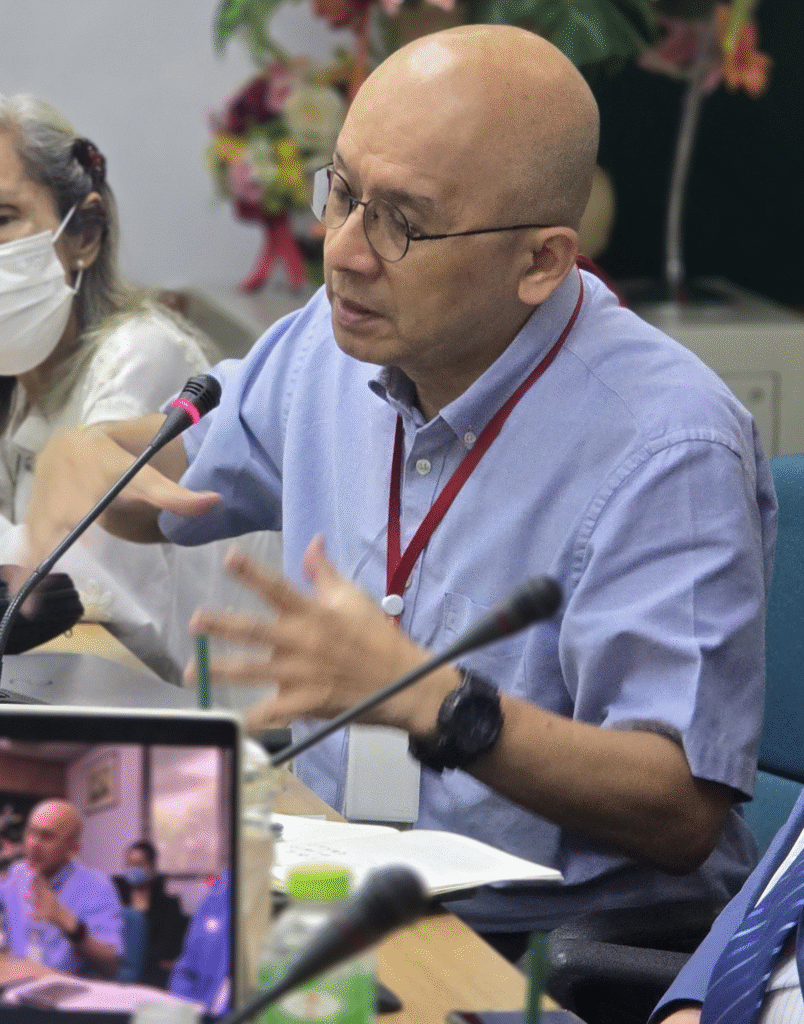
5. Systems Thinking: Emeritus Prof. Dr. Somarch Wongkhomthong, D.H.Sc.
Emeritus Prof. Dr. Somarch Wongkhomthong, Harvard-trained and formerly of Mahidol and the University of Tokyo, contributed visionary insights on aligning scientific innovation with sustainable health systems and economic value creation.
- He chairs the Wellness & Longevity Executive Program, focusing on genomic medicine, anti-aging, and high-level health planning.
- Dr. Somarch advocated for strategies that harmonize therapeutic innovation with scalable business and public health outcomes.
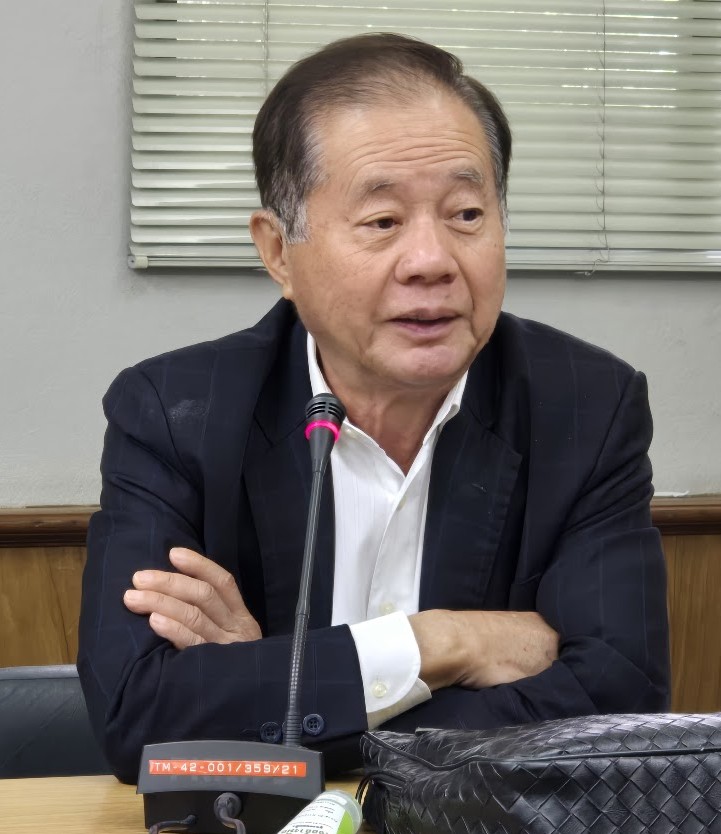
6. Bridging Traditions: Prof. Emeritus Dr. Yongyuth Watcharadul and Integrative Collaboration
Prof. Emeritus Dr. Yongyuth Watcharadul, Chairman of the International Association of Collaborative Medicine (IACM), presented the association’s mission to unify Thai traditional medicine with modern biomedical innovation.
- He explained IACM’s work promoting cross-disciplinary care, backed by a recent MOU with Thailand’s Department of Traditional and Alternative Medicine.
- His address highlighted efforts to set standards for integrative, evidence-based healing.
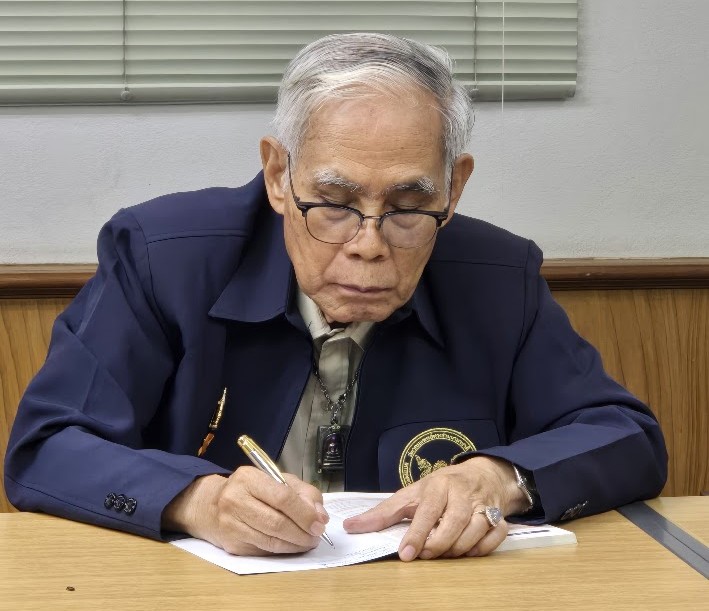
A Collective Blueprint: Thailand’s Health Innovation Roadmap
The June 13 conference served as a comprehensive knowledge-sharing platform, aligning research developments with Thailand’s aspirations to become a regional leader in regenerative health. With contributions spanning from clinical trials on exosomes and cell factor therapies, to hormonal diagnostics, integrative care models, and biomanufacturing infrastructure, the event reflected a growing consensus: cross-border cooperation and translational science are essential for shaping future-ready healthcare systems.
By engaging global researchers, national policymakers, and institutional leaders, the forum underscored Thailand’s commitment to a strategic, science-driven approach to chronic care management, aging prevention, and regenerative therapy accessibility.
As the Thailand Charter of Health continues to coordinate multi-sector dialogue and pilot initiatives, this conference marks a clear step toward defining a shared framework — one where innovation, safety, and international cooperation form the foundation of the country’s evolving medical landscape.